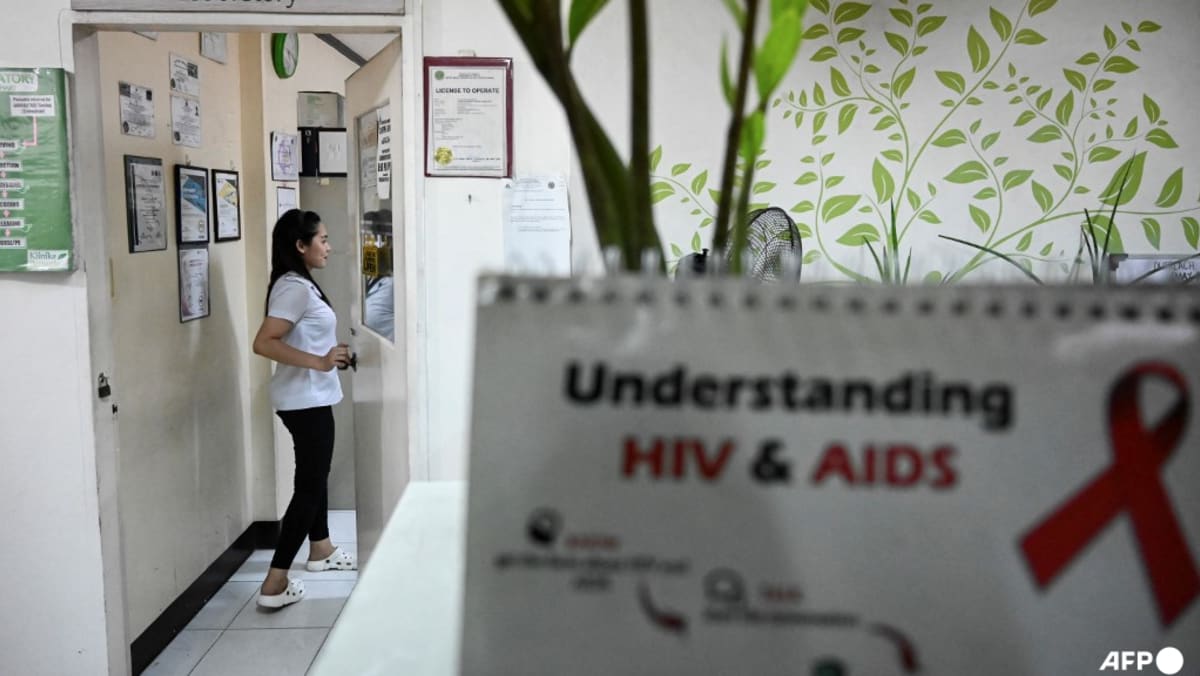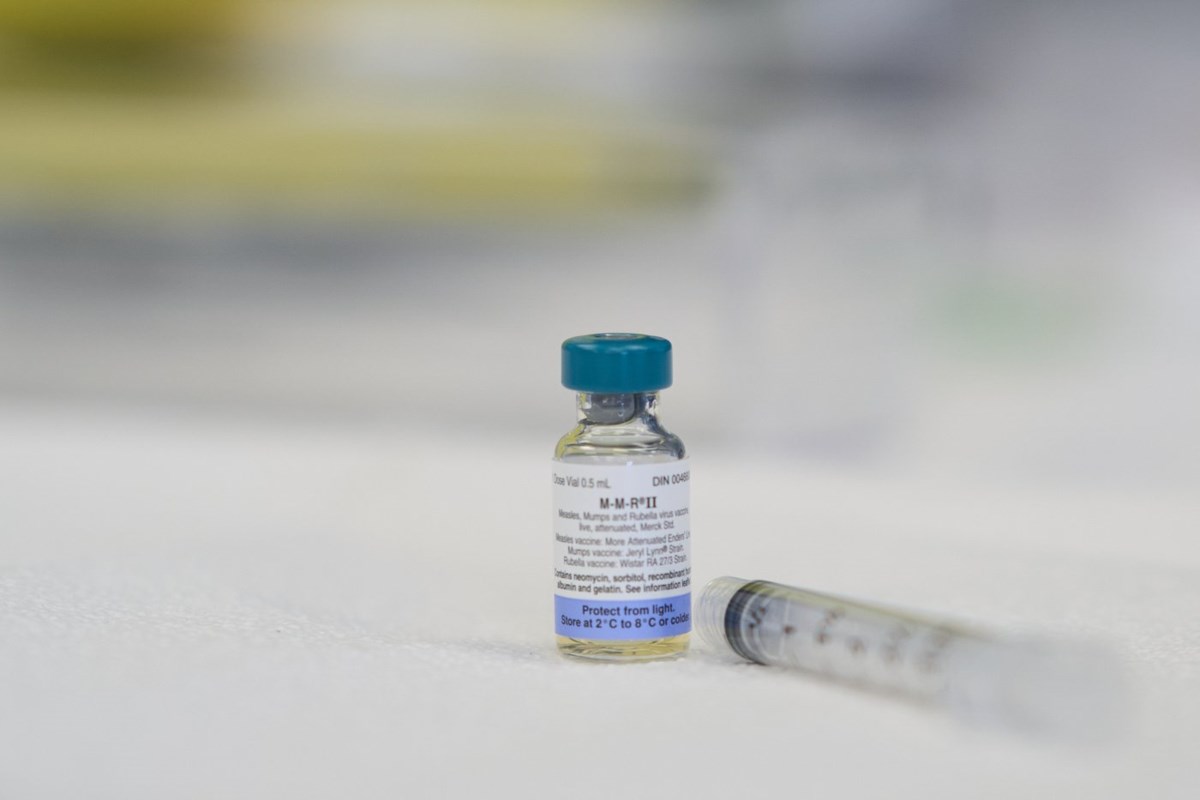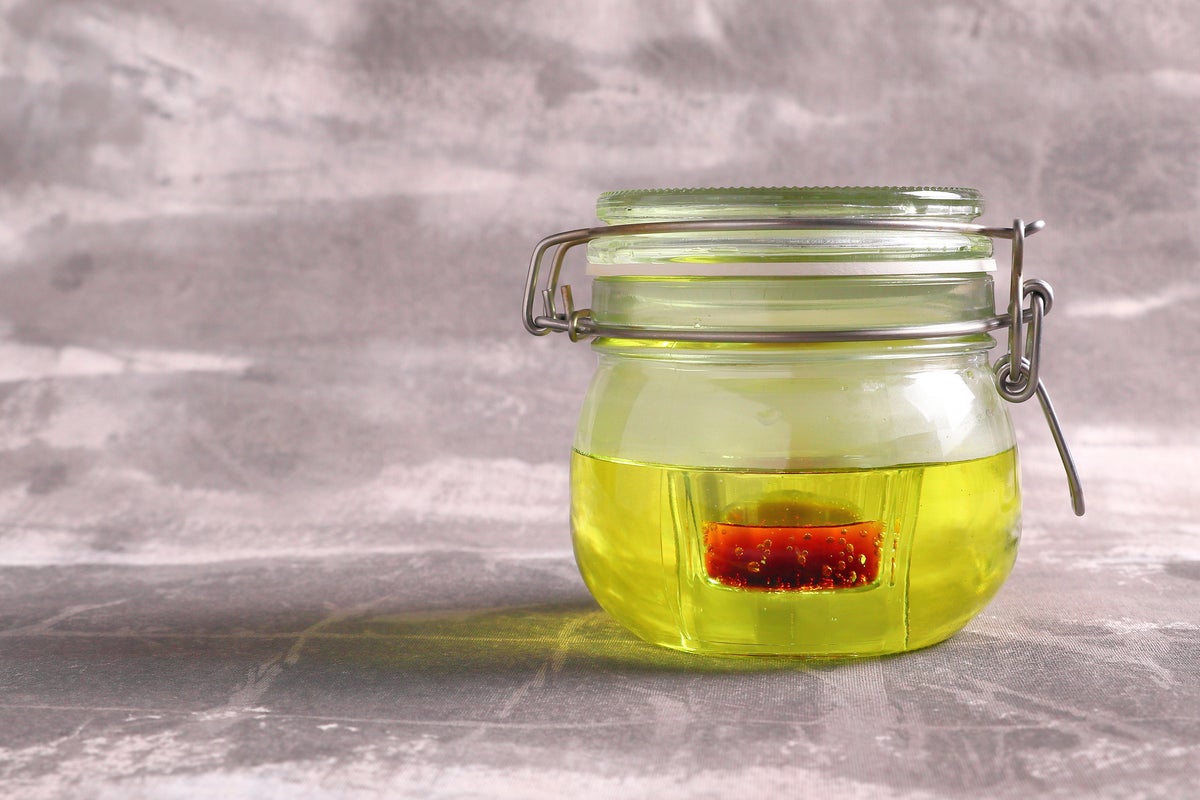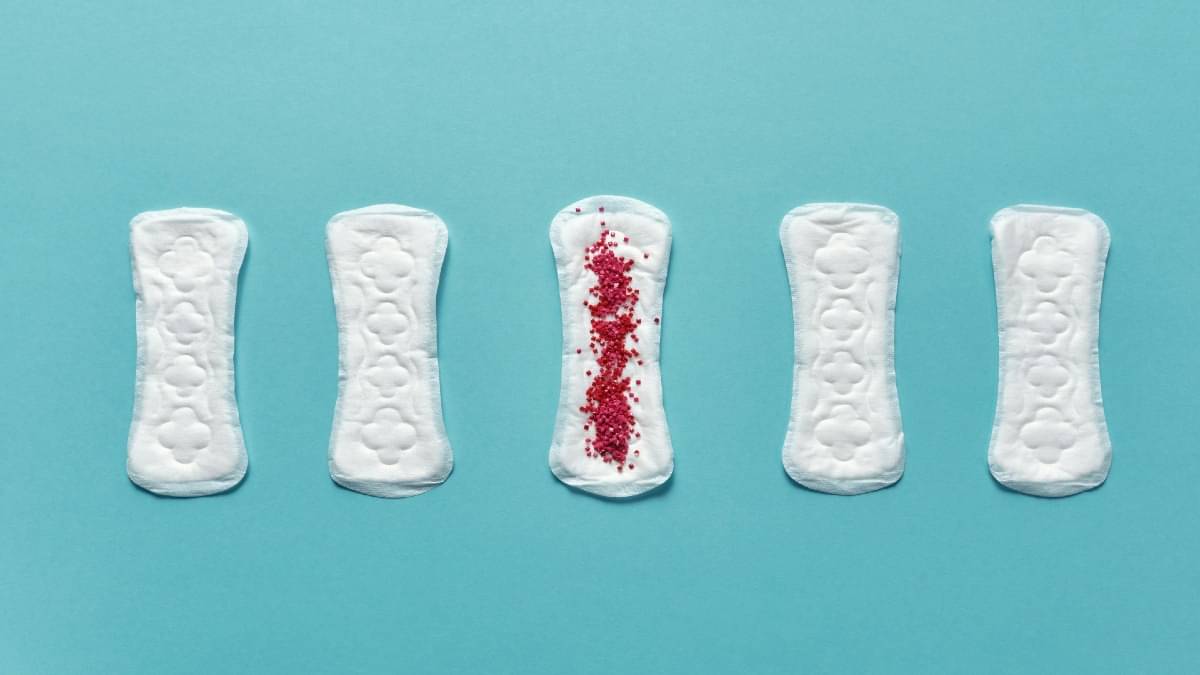The Controversy Surrounding Sunscreen: Debunking Myths and Misinformation
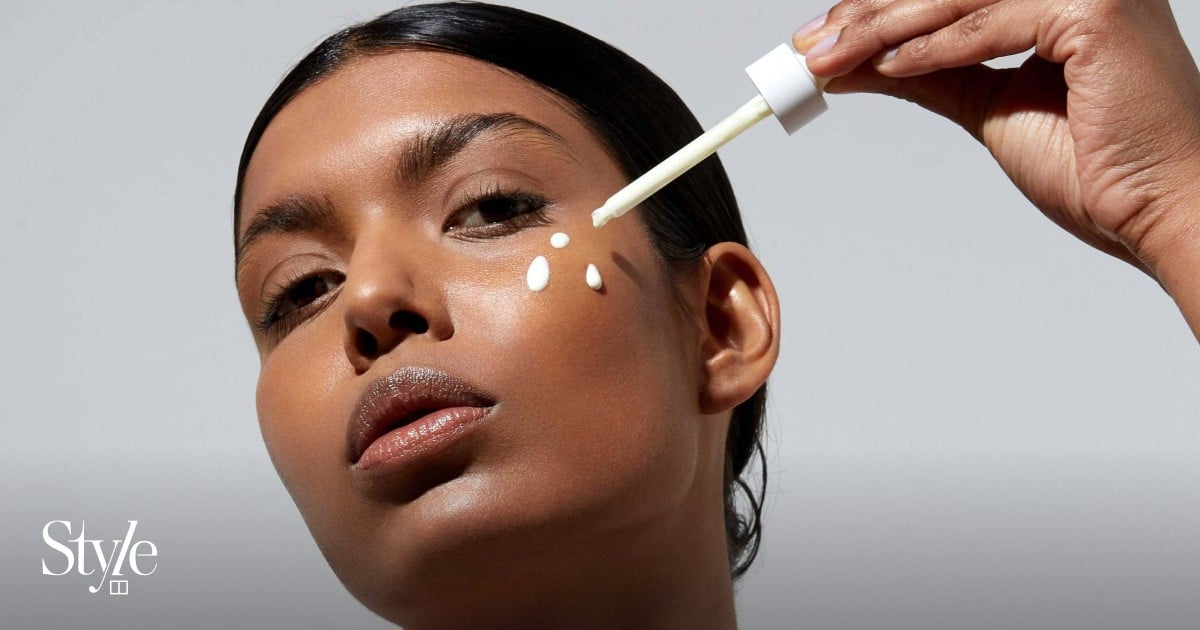
In 2021, actress and wellness advocate Gwyneth Paltrow opened up her skincare routine to fans in a YouTube video for Vogue, an event that quickly garnered the attention of beauty enthusiasts globally. However, her casual mention of SPF during the video raised eyebrows. Paltrow, after applying her beauty products, concluded her routine with a small dab of Tinted Sunscreen SPF 30, explaining, “I’m not a head-to-toe latherer of sunscreen, but I like to put some on my nose and the area where the sun really hits.” This brief application sparked immediate reactions online, as viewers noted that such a light application would not provide adequate protection against harmful UV rays—initiating a vigorous debate about sunscreen usage in the age of social media.
Initially, it appeared that sunscreen had solidified its status as an indispensable part of skincare. However, TikTok, the viral video platform, introduced an unexpected plot twist with claims suggesting that sunscreen might actually be harmful. This spawned a wave of SPF skeptics who began circulating concerns about the toxicity of sunscreen ingredients, treating it as the latest health trend. As this anti-sunscreen sentiment gained traction, the beauty industry found itself in a state of defensive maneuvering, scrambling to counter the misinformation and restore public confidence in sun protection.
The once clear-cut role of sunscreen has come under scrutiny, particularly with influencers advocating for unprotected sun exposure and even DIY sunscreens. This alarming shift threatens to undo years of public health education regarding sun safety, much to the dismay of dermatologists and skincare experts. Chinni Choi, the lead artist at NARS Hong Kong, emphasizes the repercussions of neglecting SPF. She warns, “Skipping SPF can accelerate skin aging, as aging slows down the renewal of epidermal cells, leading to keratin build-up and decreased cellular activity.” Her colleague, Phoenix Mok, concurs, adding that, “Especially for facial skin, not using sunscreen can cause ultraviolet rays to stimulate the underlying melanocytes, leading to pigmentation and the formation of dark spots.”
The surge of the anti-sunscreen movement appears rooted in fears surrounding certain ingredients, such as oxybenzone and benzene, which have been labeled as harmful by various TikTok creators. While it’s true that some sunscreens have been recalled due to benzene contamination, experts clarify that this contaminant is not a standard ingredient. “While there have been concerns about ingredients like oxybenzone and octinoxate, particularly regarding coral reef effects, the FDA-approved ingredients in sunscreens have decades of safety data,” explains Dr. Ahmad Chaudhry, a dual board-certified dermatologist at Scandinavian Biolabs. Unless individuals are crafting their own “natural” sunscreens at home, commercially available options remain the safest choice.
Another significant concern raised by skeptics is the potential for sunscreen to cause vitamin D deficiency. While it is true that our bodies synthesize vitamin D from sunlight, experts indicate that it’s unnecessary to expose ourselves to excessive sun to meet our needs. Felix Law, a senior trainer at Laura Mercier Hong Kong, clarifies, “While sunscreen may reduce the amount of vitamin D produced in the skin, it does not prevent all vitamin D synthesis.” Therefore, individuals using sunscreen can still produce sufficient vitamin D. Choi further supports this point, stating, “The impact of sunscreen on vitamin D absorption is actually limited.” Moreover, Mok highlights that vitamin D can also be obtained through a balanced diet, ensuring that people can maintain healthy levels even while using sunscreen.
Lastly, the pursuit of a sun-kissed tan has long been a beauty ideal, with some influencers promoting unprotected sun exposure as “natural” and “healthy.” However, dermatologists have tirelessly cautioned that tanning is essentially a form of skin damage. The bronze glow that many desire is actually the skin’s response to UV exposure—essentially a cry for help. Each tan contributes to cumulative skin damage, increasing the risk of premature aging and serious skin cancers like melanoma, known for its aggressive nature. The conversation around sunscreen is not just a beauty trend; it’s a crucial public health issue that requires accurate information and responsible usage.


















